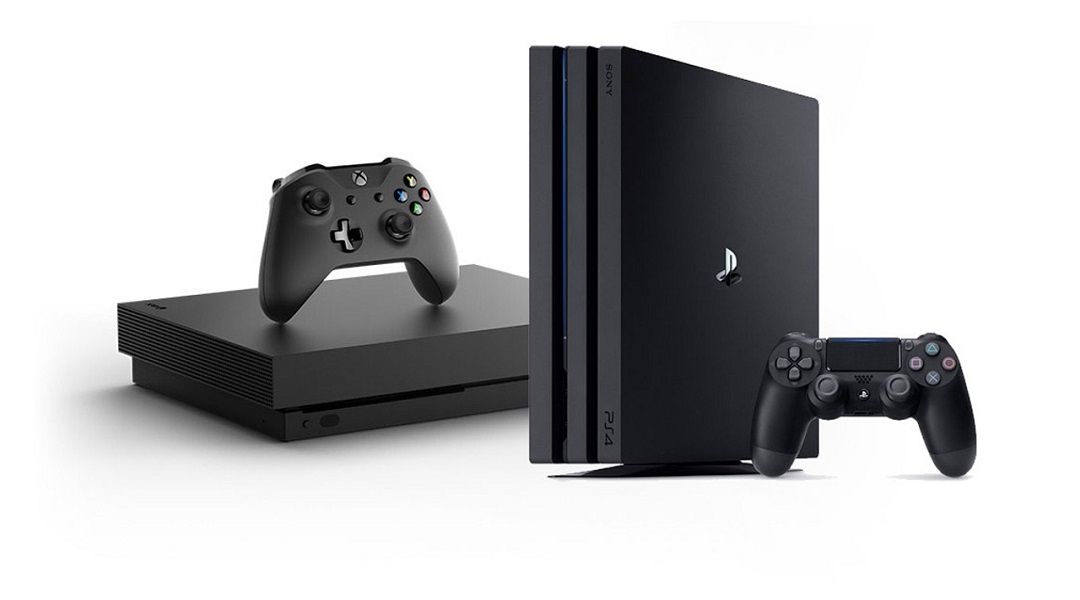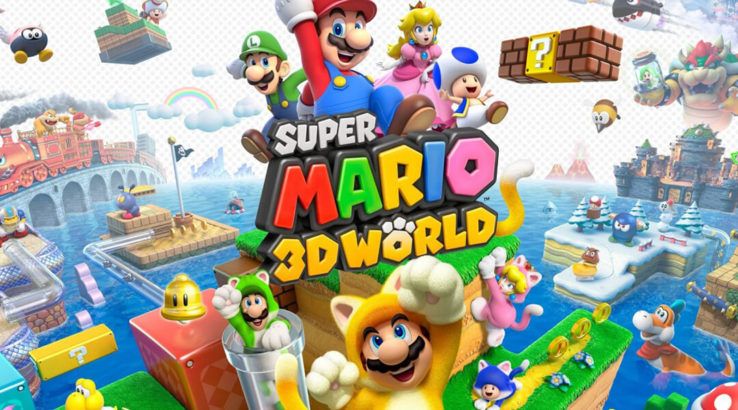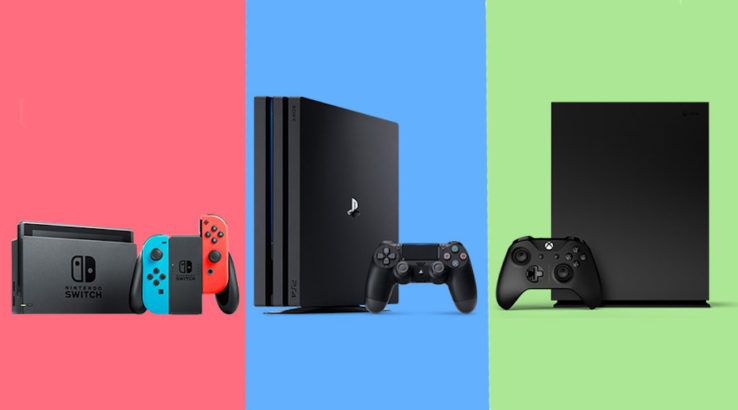In 2018, the World Health Organization will be updating the International Classification of Diseases by publishing the ICD-11. Among other things, the ICD-11 will recognize excessive video game playing as a mental health disorder in the same league as alcohol or substance abuse. This news caused somewhat of an uproar in the gaming community, as many gamers were offended at the notion that video games could contribute to the deterioration of someone's mental health.
It's hard to argue against the idea that excessive video game playing can be a problem for some people. In fact, there have been examples of people literally playing video games until they died, which is clearly not normal behavior. Video games can be addicting, and for some people, that addiction can lead to serious consequences when they prioritize gaming over other important aspects of their life.
However, even though excessive and uncontrollable gaming is a serious mental health problem that should be treated by a mental health professional, it's important to note that the vast majority of gamers wouldn't be diagnosed with the condition. Furthermore, there's evidence that video games may even have some benefits for one's mental health.
Here are the ways playing video games may actually improve your mental health.
Anxiety, Depression, and PTSD
While gaming is making the news lately for the ways it may be bad for one's mental health, studies show that it may also be able to treat two of the most common mental health conditions in the world - anxiety and depression. A study done by East Carolina University suggests that playing 30 minutes of video games per day can treat anxiety and depression at a level that rivals prescription medication. Out of all the genres, puzzle games (like Angry Birds, Bejeweled, or Tetris, for instance) in particular have shown an ability to alleviate symptoms of anxiety and depression.
Another common mental health condition, Post-Traumatic Stress Disorder (PTSD), has been shown to be treatable through video games. One study showed that individuals with PTSD that played Tetris experienced less flashbacks than those that didn't play the game. Considering this, it's no surprise that video games are starting to be used therapeutically as a way to treat the symptoms of some mental illnesses.
Memory
One mental health benefit of video gaming that has long been documented is its positive effect on memory. Video games of all kinds have been shown to improve memory, with one study finding that playing larger, more complex games like Super Mario 3D World had greater benefits than smaller, simpler games like Angry Birds.
The elderly population may be less likely to play a video game like Super Mario 3D World than, say, millennials, but they could stand to benefit even more from playing these kinds of games. Research has shown that elderly individuals who play video games can improve their brain health, as games help them learn new skills and engage in stimulating activities. By keeping their brains engaged, elderly individuals can decrease their odds of developing conditions that negatively impact their memory, such as dementia.
Social Interaction
One aspect of life that many people with mental illnesses struggle with is socializing with their peers and engaging with their community. While some people erroneously consider video games as a hobby for antisocial individuals that rarely leave the house, video games may actually help those that otherwise would avoid social interaction meet new friends. In fact, video games are increasingly a social experience, with many games built with online multiplayer experiences that encourage both cooperation and competition with real world individuals.
Video Games Can Make You "Smarter"
The notion that video games can make you smarter may seem like a stretch for some, but there is actually research to back this up. Researchers have found that those that play video games show improved cognitive functioning when compared to those that don't, and that playing video games may even increase brain matter.
A study conducted in 2014 by the Max Planck Institute studied the effects of playing Super Mario 64 on the brain. 24 people played Super Mario 64 for 30 minute intervals every day for two months, and MRI scans of their brains were compared to a control group that didn't play the game. The scans showed increased grey matter in regions of the brain associated with memory formation and strategic planning for those that played the game.
As of 2018, excessive and uncontrollable video gaming will be classified as a mental health disorder, and rightfully so. However, just because gaming can contribute to the deterioration of one's mental health, it's important to remember that there are a number of ways where it can also be beneficial. In the coming years, expect more psychologists to study video games and how they can both help and harm the mental state of those playing them.
Source: American Psychologist, Each Mind Matters, King's College London, Molecular Psychiatry, Science Alert, The Journal of Neuroscience






